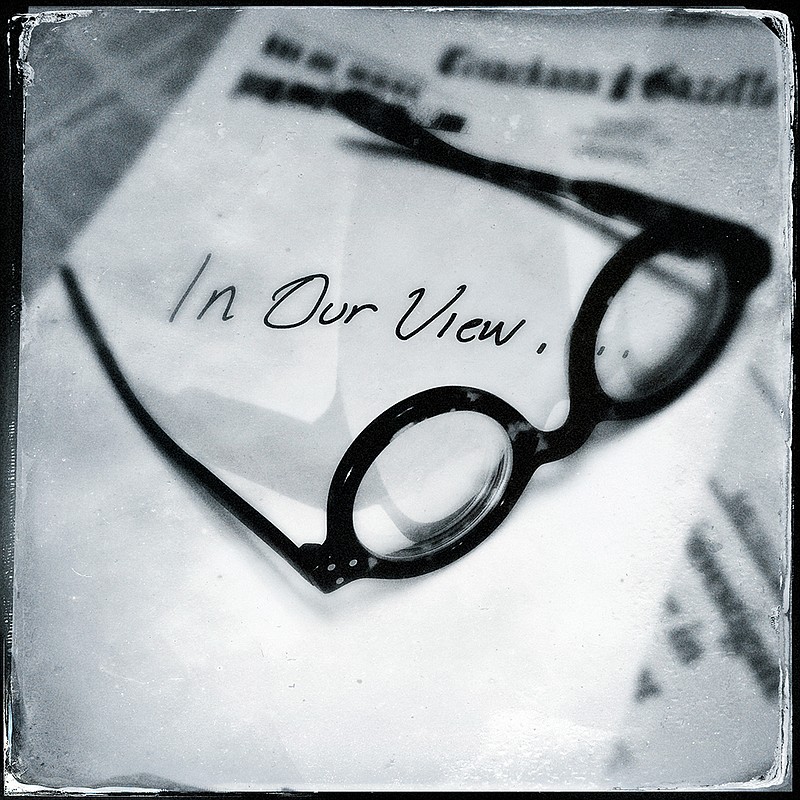Social Security is often called the "third rail" of American politics.
That refers to the electrified traction rail of some train systems, such as subways. Touch it and you die.
That's the general feeling about Social Security in Congress. Don't mess with it.
But the Social Security Administration can do some things without getting Congress to sign off. On Tuesday, the agency announced that for next year it will be increasing the cap on earnings subject to the Social Security tax. Right now earnings over $118,500 are exempt. Next year, the cap will be $127,200.
That means both workers and employers who earn the higher figure will pay more. Each pays 6.2. percent. Self-employed individuals at that level will pay the whole tab themselves.
Most retired Americans aren't too worried about increasing the cap. But they have something else to worry about.
This year there was no cost of living increase for Social Security recipients. But the agency said next year benefits would likely increase by 0.3 percent-or not much at all.
But don't start counting those extra pennies. Most likely that extra will be taken away by an increase in Medicare Part B premiums-the part of the program that covers doctor visits and outpatient care.
It gets worse. For about 70 percent of retirees, Medicare Part B premiums cannot increase more than the cost of living hike. But for 30 percent they can. And that's where the government will go to for additional money above the proposed 0.3 percent Social Security hike.
Congress might just tiptoe close to that "third rail" to offer some relief.
Last year, Medicare Part B premiums were projected to go up 52 percent. Since there was no cost of living increase to Social Security, the whole 52 percent would have to be spread out among the 30 percent of Medicare recipients who are not shielded under the law. But Congress stepped in and cut a deal. Premiums were raised, but by much less than originally anticipated.
The same thing could happen this year, but there are no guarantees. And even if Congress does act, it's not sustainable year after year.
Social Security and Medicare are vital parts of our retirement system-especially in an era where pensions are mostly history and middle-income wages have been stagnant for decades. Yet our elected official refuse to look toward their long-term health, preferring a "quick fix" to the crisis of the moment
That has to change. But it won't unless Congress changes its collective attitude and shows real leadership. Everyone knows Social Security and Medicare face major challenges. But only Congress can actually so something about it.
There are few issues more important.

